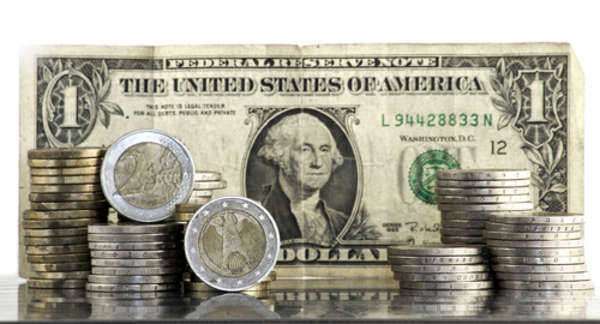Make Sure You Understand Counterfeiting Money Criminality
An individual making counterfeit money can print more currency than the gross domestic product of a small nation, but all the money in the world does not matter if that counterfeiter runs afoul of the law and ends up behind bars. Printing counterfeit bills does not amuse the government of any nation, and the reprimands and punishments that accompany counterfeiters are not simple slaps on the wrist.
Individuals making counterfeit money are guilty not of a misdemeanor but of a federal felony. The Secret Service actually is the governing body that deals with counterfeit issues, and was created as such before its role expanded to include protecting governmental entities like the president.
If convicted, this particular felony carries with it a fifteen year prison sentence. A prison term of more than a decade is not the only penalty that an individual might face for making counterfeit money. Various fines will likely be imposed on the counterfeiter, and the government has the right to confiscate materials such as scanners, printers, and computers that aided in the use or creation of the counterfeit currency.

The penalty for making counterfeiting money is so stringent because fraudulent currency is harmful to the economic prosperity of the nation. As citizens become less confident in the genuine nature of their money, businesses may produce less and individuals may curtail their spending habits.
Beyond the borders of the United States, other countries offer punishments of varying degrees for those making counterfeit money. In South Africa, the possession or proliferation of counterfeit bills is also punishable by fifteen years of incarceration as it is in America. Canada falls into a similar legal bracket as it punishes counterfeiters with as much as fourteen years behind bars.
The creation of counterfeit euros brings with it an entirely different penalty. Making counterfeit money in Europe will only cost an individual four years in jail, but that individual will face extensive fines and penalties of more than one hundred thousand dollars. Australia operates within the most lenient of models as counterfeit fraud in that country could only result in two years in jail and a monetary fine of five thousand dollars.
Counterfeiting is illegal everywhere in the world, but governmental views of the gravity of this crime are certainly not uniform. Although the severity of the punishment can vary, making counterfeit money does not pay off anywhere in the world.